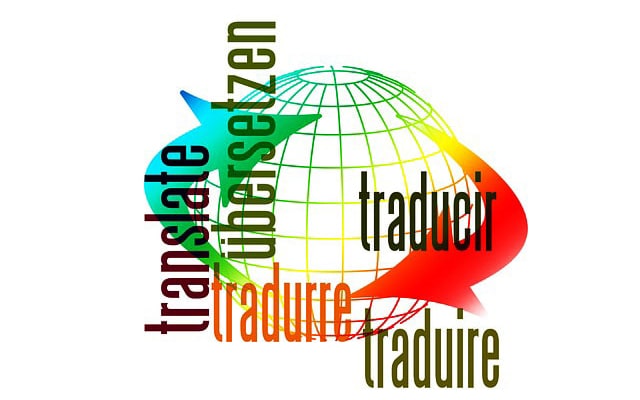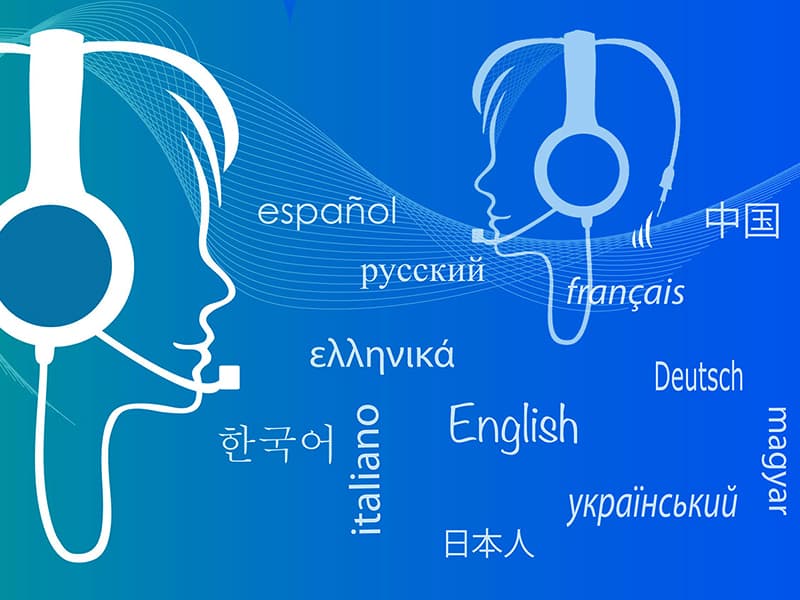Outline of the European Parliament
The European Parliament (EP) fills in as one of the critical authoritative groups of the European Association (EU), addressing the interests of EU residents and guaranteeing vote based administration inside the Association. Laid out in 1952 and developing through different settlement changes, it has turned into a critical player in EU navigation, with its individuals straightforwardly chose like clockwork.
Parliament Construction and Arrangement
The European Parliament involves 705 Individuals from the European Parliament (MEPs), with portrayal from all EU part states. Every part state has various MEPs generally relative to its populace, guaranteeing that more modest nations are not underrepresented. The ongoing Leader of the European Parliament is Roberta Metsola, who regulates its tasks and addresses it to other EU organizations.
Political Gatherings: MEPs are coordinated into political gatherings in view of their political affiliations. There are right now seven perceived gatherings, each requiring at least 25 individuals from no less than one-fourth of EU part states. The people who have a place with no gathering are named Non-Inscrits (NI) .
Parliament Fundamental Capabilities
The European Parliament carries out three essential roles:
1. Authoritative Job:
- The EP imparts authoritative powers to the Gathering of the EU, meaning it can propose, correct, and take on regulation. Most proposed regulations require endorsement from the two bodies to become regulation.
- It likewise assumes a part in peaceful accords and growth choices.
2. Administrative Job:
- The Parliament practices oversight over other EU establishments, especially the European Commission. It should support the arrangement of the Commission President and can reproach the whole Commission if fundamental.
- MEPs can address Commission individuals during meetings and look at petitions from residents.
3. Monetary Job:
- Close by the Committee, the EP lays out the EU spending plan and has something to do with long haul monetary systems. It likewise supports consumptions and guarantees that assets are utilized actually.
Regulative Interaction
The authoritative cycle in the European Parliament includes two fundamental stages:
- Board of trustees Work: The EP comprises of 20 panels that have practical experience in different approach regions. These councils audit proposed regulation, recommend corrections, and plan reports for entire meetings.
- Whole Meetings: These meetings happen fundamentally in Strasbourg, where all MEPs assemble to discussion and decision on regulation. Whole meetings commonly happen four days every month, with extra meetings held in Brussels on a case by case basis.
Significance and Effect
The European Parliament is crucial in molding EU strategies that influence a great many residents across part states. Its job stretches out past simple regulation; it effectively advances a vote based system and common freedoms both inside Europe and universally. By addressing different political perspectives and interests, it adds to a more equitable Europe where residents can voice their interests through their chosen delegates.
Parliament Summary
All in all, the European Parliament works with regulation making as well as guarantees responsibility inside the EU's institutional system, making it a foundation of European majority rules government.
NewEnglishCenter Parliament

Grow your business and website with our results based services.

Reach new national and international markets for your business.

Online free and premium language services will become your tools in developing your career.